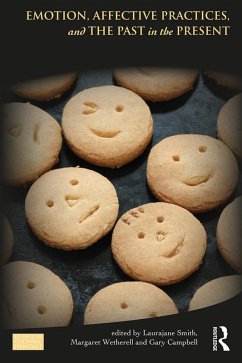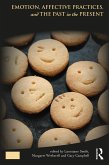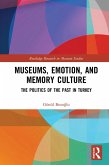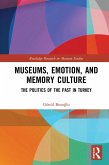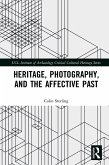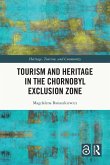Including contributions from academics and practitioners in a range of countries, the book reviews significant and conflicting academic debates on the nature and expression of affect and emotion. As a whole, the book makes an argument for a pragmatic understanding of affect and, in doing so, outlines Wetherell's concept of affective practice, a concept utilised in most of the chapters in this book. Since debates about affect and emotion can often be confusing and abstract, the book aims to clarify these debates and, through the use of case studies, draw out their implications for theory and practice within heritage and museum studies.
Emotion, Affective Practices, and the Past in the Present should be essential reading for students, academics, and professionals in the fields of heritage and museum studies. The book will also be of interest to those in other disciplines, such as social psychology, education, archaeology, tourism studies, cultural studies, media studies, anthropology, sociology, and history.
Dieser Download kann aus rechtlichen Gründen nur mit Rechnungsadresse in A, B, BG, CY, CZ, D, DK, EW, E, FIN, F, GR, HR, H, IRL, I, LT, L, LR, M, NL, PL, P, R, S, SLO, SK ausgeliefert werden.
Sheila Watson, University of Leicester, UK
'The objective of this book is to bring forward emotion and affectivity in museum and heritage institutions and studies. As a result, this collected edition is not only timely, it also covers an essential theme in Heritage Studies that has been largely left aside or remains, at best, an implicit element in many professional and academic works.
Simply put, this is a collected edition that should be influential for years to come.'
Jonathan Paquette, University of Ottawa, USA
Sheila Watson, University of Leicester, UK
'The objective of this book is to bring forward emotion and affectivity in museum and heritage institutions and studies. As a result, this collected edition is not only timely, it also covers an essential theme in Heritage Studies that has been largely left aside or remains, at best, an implicit element in many professional and academic works.
Simply put, this is a collected edition that should be influential for years to come.'
Jonathan Paquette, University of Ottawa, USA

